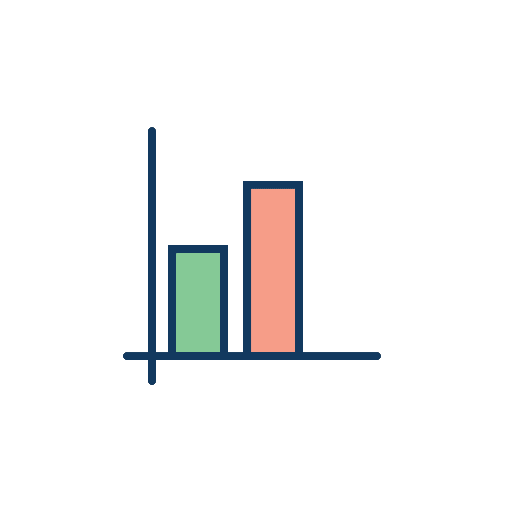PENGARUH LEVERAGE, PROFITABILITAS, DAN UKURAN PERUSAHAAN TERHADAP TAX AVOIDANCE
Abstract
Tax planning is an earlier stage in doing systematically analysis in various alternative tax treatments with the aim of achieving the fulfillment of minimum tax obligations. One of the ways in tax planning, namely tax avoidance. This strategy is carried out legally and safely for taxpayers because it does not conflict with tax provisions. This research aimed to empirically examine the effect of leverage, profitability, and firm size on tax avoidance. Moreover, the population was manufacturing company from 2018 up-to 2020. Furthermore, the data collection technique used purposive sampling. In line with that, there were 55 companies in 2018, 100 companies in 2019, and 79 companies in 2020 as the sample. Additionally, the data analysis technique used multiple linear regressions. Based on the research result, it concluded that leverage had effect on tax avoidance. The larger the companies’ leverage was, the increase the tax avoidance would be. On the other hand, profitability did not affect tax avoidance. The higher the CETR value was, the lower rates of tax avoidance implemented would be. Likewise, firm size did not affect tax avoidance. This meant, the large-scale companies pay lower taxes than small-scale companies.




